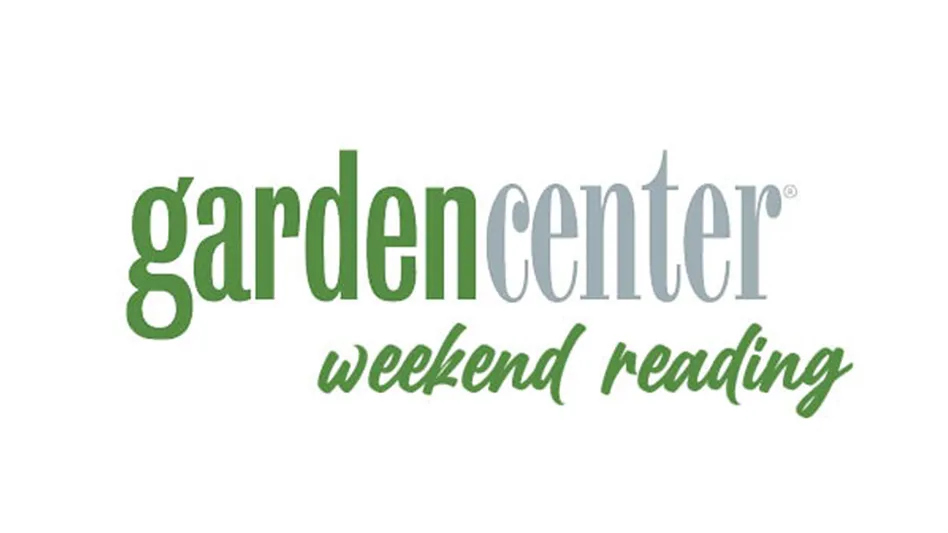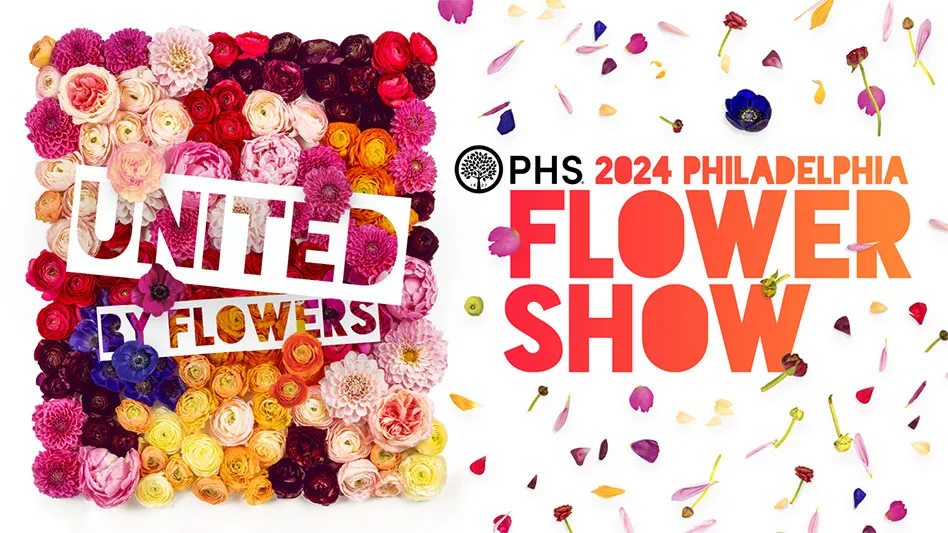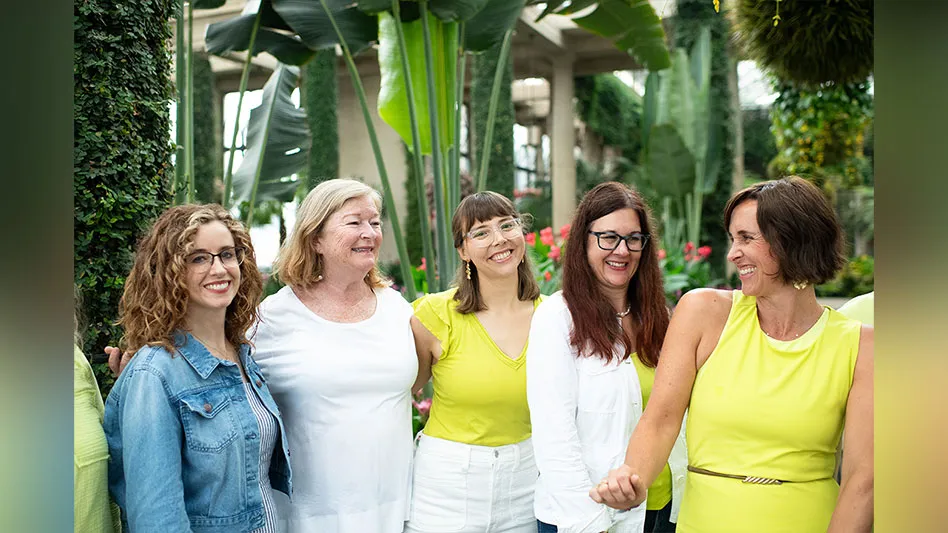
Emily Mills
Welcome to Garden Center magazine's Weekend Reading, a weekly round-up of consumer garden media stories meant to help IGCs focus marketing efforts, spark inspiration and start conversations with consumers.
This week: A "No Adults Allowed" garden, how to garden with toxic plants safely, the history of the garden and environment in African American life, gardening as a cheaper grocery option and reconnecting to our food through gardening.
Chelsea flower show to feature first garden designed by children, The Guardian
The No Adults Allowed garden, which is being designed by group of primary school students, will feature a slide and a secret door. The Royal Horticultural Society, which runs the show, hopes to make gardening and nature more accessible to young people and inspire the next generation of growers.
‘Gardening Can Be Murder’: The safest place to encounter these toxic plants, The Seattle Times
Lorene Edwards Forkner compiled a list of popular garden plants that are toxic. In many cases, toxin levels are low, or the amount of plant material you would have to ingest to present symptoms is high. All the same, better safe than sorry, she says, noting that children, pets and people with compromised health are most vulnerable to toxic effects.
The Pleasure and Peril of Gardening While Black, The Nation
Poet Camille T. Dungy’s book "Soil: The Story of a Black Mother’s Garden" is a personal and wide-ranging history of the garden and the environment in African American life, writes Edna Bonhomme.
Valley residents looking to urban gardens as cheaper grocery options, ABC 15 Arizona
Urban gardens are popping up all over the Valley in the Phoenix area as people look for cheaper ways to put food on the table, writes Ashlee DeMartino.
The Gifts of Gardening, The Whitman Wire
Keathley Pinney Brown writes that while the efficiency with which grocery stores provide food has become a common and expected part of modern life, we lose something in the process. We lose our connection to our food and the process of growing. But what happens when we start to return to our roots and reconnect ourselves with our food?
Enjoy your reading, have a great weekend and we'll see you next week!
Latest from Garden Center
- Weekend Reading 5/17/24
- GardenComm 2024 Annual Conference registration is open
- Landmark Plastic celebrates 40 years
- Proven Winners introduces more than 100 new varieties for 2025
- Weekend Reading 5/10/24
- The Family Business, Part 2: Agreeing (and disagreeing) on capital investments
- Registration opens for Darwin Perennials Day
- Weekend Reading 5/3/24





